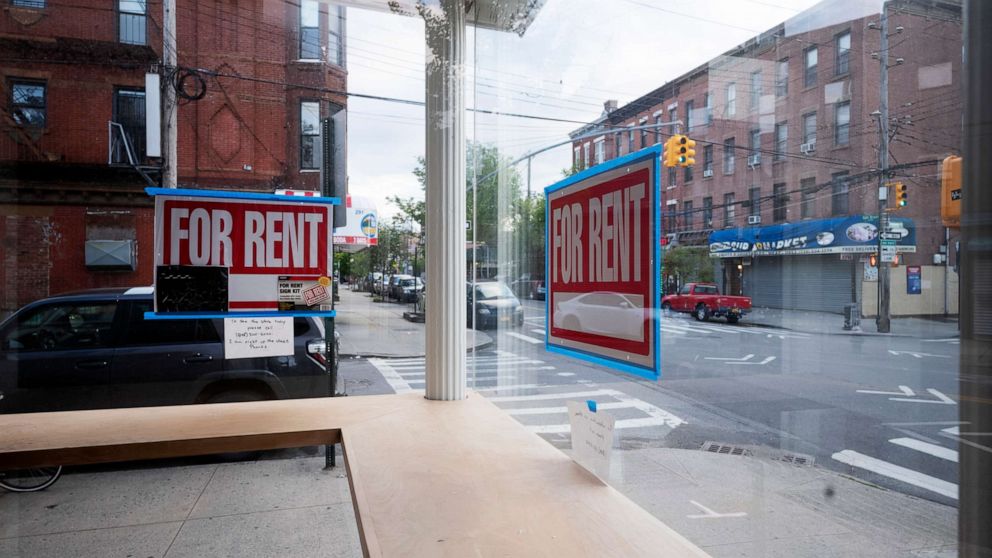[ad_1]
After a difficult few months, New York City’s real estate market is bouncing back.
This week, after the city entered phase 2 of its reopening, contract activity increased 41%, reaching the highest numbers since the end of March, when the country shut down due to the coronavirus outbreak. New listings also increased 57% since last week, reaching a level not seen since March 2, according to data compiled by UrbanDigs.
Though listings are down 36% from this time last year, brokers are confident the slump in the market is temporary — and on its way out. “This is a remarkable recovery from the entire second quarter,” said Garrett Derderian, the CEO of GS Data Services.
“What we’re seeing is a lot of concern, but also a lot of pent-up demand,” Jason Haber of Warburg Realty told ABC News.
Derderian’s data shows the median list price of $1,395,000 is up 5% from this time last year, while the average price-per-foot is down just 3% to $1,560.
“What this tells us on a high level is the recovery on the listing side has started to take hold and is looking like the V-shape that was anticipated earlier this year,” he said.
The same can be said for the Seattle and Miami markets, the latter which has actually seen an increase in property trades compared to last year, as many in the Northeast — particularly in the hard hit tri-state area — continue to relocate to Florida.
There have been 217 contracts signed in Manhattan since June 1, a decrease of 71% from this time last year. But this should not come as a surprise, given that the city just opened for in-person showings Monday.
Data sets put together by Derderian and UrbanDigs, show that prices have not gone down substantially despite the crisis.
“There has been wide speculation that prices were going to decline 10 to 20%, but as of now, that is simply not the case,” said Derderian. “In fact, there may be a silver lining for the Manhattan housing market as workers may want to rely less on public transit and walk to work. This could bode well for many parts of Manhattan and result in price increases depending on the neighborhood and price point. The same is true for downtown Brooklyn and the immediate surrounding neighborhoods.”
If prices do go down, it will likely be in July, once there is more movement in the market.
Another thing that makes brokers optimistic is that the buyers who are currently looking seem to be fully committed.
“There are two types of people: short-term buyers who will likely not invest during the pandemic, and those who see the near-future potential and are looking to invest in the long term,” Haber said.
“Because there’s so much unknown right now, the profile of the buyer is someone who believes in New York long term,” said Michael J. Franco, from real estate broker Compass.
Even while the market appears to be recovering, Warburg Realty’s Bill Kowalczuk explained that the process of viewing and buying has changed due to the coronavirus.
Not only does a potential buyer have to schedule a viewing 24 hours in advance, but they have to wear personal protective equipment, sign a stack of forms acknowledging the health risks they’re taking and keep from touching any surfaces while inside the property (the agent has to open all cabinets and doors).
The documents potential clients must sign prior to attending a viewing include a limitation of liability form and a health questionnaire screening form. Though they’re not required by law, all Real Estate Board of New York members are asked to give them to their customers to ensure their safety.
Fueled by people’s eagerness to move forward, Kowalczuk said he expects a boom of market activity in the next six weeks.
[ad_2]
Source link

